Guides
Acts of ParliamentDevolved GovernmentHouse of CommonsHouse of LordsLegislative ProcessWhitehallPolitical PartiesPublic InterestThe Political Process Display All

Parliamentary Branch
Each government department has a Parliamentary Branch. The Branch is charged with managing the department's relations with the House of Commons and the House of Lords.Read More
Parliamentary candidates
An insight into the backgrounds of some of the most interesting candidate bidding to become MPs in the 2024 general election.Read More
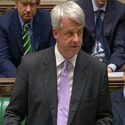
Parliamentary Private Secretaries
Often referred to as a Minister's 'eyes and ears in Parliament', or as a simple 'bag carrier', the Parliamentary Private Secretary supports a particular government minister in his or her duties. It is the first rung on the ministerial ladder for a backbench MP.Read More

Plaid Cymru
Plaid Cymru (the Party of Wales) is a Welsh Nationalist party that sits on the left of the political spectrum. The party is far less of an electoral force than its Scottish counterpart, polling around 10% of the Welsh vote in recent General Elections.Read More
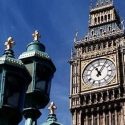
Political Lobbying
Lobbying is a catch-all term to describe 'special interest' groups and their tactics to gain influence in the political process,. As former Prime Minister, David Cameron, has discovered, the influence of lobbyists is said to be at its greatest, when their activities go 'largely unnoticed by the public'.Read More

Politically Exposed Person
An overview of the political exposed person regime in the UK? Who is a politically exposed person, what are the additional financial requirements they face?Read More

Pre-legislative Scrutiny
Draft Bills are normally subjected to pre-legislative scrutiny at the hands of a joint-committee of MPs and peers formed for that purpose.Read More

Pressure Groups
A Pressure Group is an organised group united in the promotion of a common cause, with the aim of influencing government policy. The former Home Secretary, Douglas Hurd, once famously described Pressure Groups as ‘serpents that strangle efficient government’.Read More
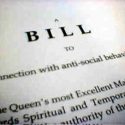
Primary Legislation
Primary legislation (Bills and Acts) is split into two categories - Public Bills and Private Bills (with Hybrid Bills in a sub-category between the two).Read More
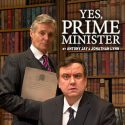
Prime Minister
The leader of the largest party in the House of Commons is by convention asked by the Monarch to be Prime Minister and to form a government in a ceremony known anachronistically as the 'kissing of the hands. The Prime Minister has a wide range of direct powers.Read More

Prime Minister’s Official Spokesperson
The Prime Minister's Official Spokesperson is responsible for briefing the press and broadcast journalists on most weekdays when Parliament is sitting. Initial plans for these UK briefings to be televised, as in the US, were put on hold in early 2021. Read More
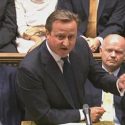
Prime Minister’s Questions
The Prime Minister comes to the House of Commons each Wednesday when Parliament is sitting to answer questions from back-benchers and opposition leaders. The session is due to last 30 minutes, albeit under former Speaker John Bercow, they extended far longer than scheduled.Read More
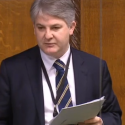
Private Members Bills
Private Members Bills are Public Bills that are introduced by backbench Members of Parliament. The Abortion Act, 1967, introduced by the then Liberal MP, David Steel, is perhaps the most famous Private Members Bill in recent times.Read More
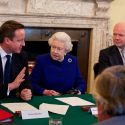
Privy Council
The Privy Council, as body of government, predates the Cabinet and the existence of the Prime Minister by many centuries. Originally the private council of trusted advisers surrounding the sovereign, it has evolved to become a somewhat hidden instrument of government.Read More
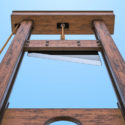
Programming
All Government Bills are programmed, also known as timetabling. The programming of every Bill is a recent development. Historically 'guillotining' debates on Bills was used sparingly and only for key legislation.Read More

Queen’s Speech
The State Opening of Parliament, with all its pageantry and pomp, marks the beginning of a new Parliamentary Session. In the associated Queen's Speech, the Monarch reads out the Government's proposed legislative programme for the Session. During the event, an MP is held hostage at Buckingham Palace until the Monarch returns.Read More
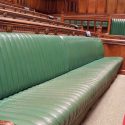
Recesses in the House of Commons
The House of Commons Recess is a phrase that is used to describe the period when the House of Commons is not sitting. Most MPs become notably prickly when it is suggested that a Parliamentary recess means that Members of Parliament are on holiday.Read More
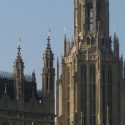
Register of Members Interests
The Register of Members Interests includes details of the staff or family members that an MP employs; any significant shareholdings or property income that they possess; gifts and donations that they have received; and details of the outside employment or Directorships that they undertake.Read More

